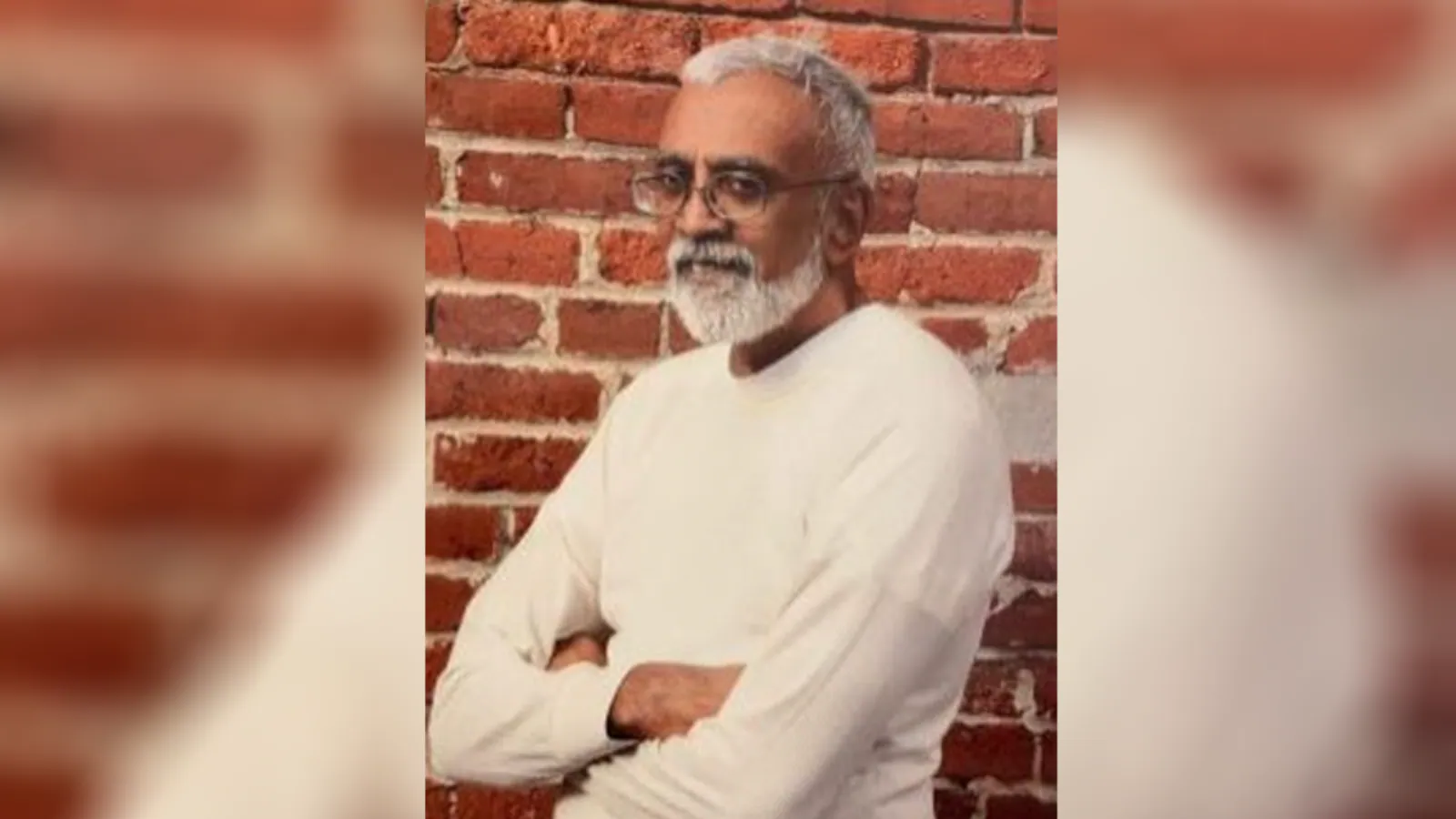Copyright news18

Subramanyam “Subu” Vedam, an India-born Green Card holder who immigrated to the United States as an infant, was freed from a Pennsylvania prison earlier this month after spending over 43 years behind bars for a murder he did not commit. His conviction, dating back to 1983, was vacated after newly uncovered evidence revealed that prosecutors had withheld crucial FBI reports that could have proven his innocence. The Centre County District Attorney’s Office subsequently declined to appeal the ruling or pursue a retrial, finally clearing Vedam of all charges and bringing to an end one of the longest wrongful imprisonment cases in Pennsylvania’s history. But just as Vedam’s long-awaited freedom arrived, it was swiftly interrupted. Moments after walking out of prison, he was taken into custody by US Immigration and Customs Enforcement (ICE) on the basis of an old deportation order linked to a decades-old drug conviction from his youth. Now, despite having spent nearly his entire life in America and having no meaningful ties to India, Vedam faces the prospect of deportation — a new legal and emotional battle that threatens to overshadow his long fight for justice. What Is The Timeline Of The Subu Vedam Case? Subu Vedam was arrested in 1982 (in Centre County, Pennsylvania) for the murder of his friend/classmate Thomas Kinser, whose body was found in a sinkhole in late 1980. He was tried and convicted in 1983 and sentenced to life without parole. The conviction depended largely on circumstantial evidence: that Vedam was last seen with Kinser, a claim of a gun purchase, but no murder weapon was ever recovered. In 2022 and beyond, his lawyers (including the Pennsylvania Innocence Project) uncovered previously-undisclosed evidence — notably an FBI ballistics report and other material the prosecution didn’t turn over, which cast doubt on the claim that the fatal bullet matched a .25-calibre gun that the prosecution alleged. In August 2025, a Pennsylvania judge vacated the conviction on the basis that Vedam’s due-process rights were violated (specifically, the suppression of material evidence). On October 2, 2025, the District Attorney declined to retry the case, citing the passage of time and loss of reliable witnesses, and formally dismissed all charges. On October 3, 2025, Vedam walked out of prison after more than 43 years of incarceration — making him among the longest-serving people in Pennsylvania to be exonerated. Immediately upon his release, Vedam was taken into custody by the US federal agency US Immigration and Customs Enforcement (ICE), based on a “legacy” deportation order dating back to 1988 tied to a youthful drug conviction for possession/intent to distribute LSD at age 19. ICE described him as a “career criminal … trafficker” referencing that youth offence plus his long incarceration. His family has argued that he has lived almost his entire life in the US, came as an infant, has no meaningful ties to India (he does not speak Hindi and left India when he was 9 months old), and deporting him would exacerbate the injustice. What Happens Next? After his exoneration, Vedam was transferred to ICE custody and is currently being held at the Moshannon Valley Processing Center in Pennsylvania. His lawyers have filed motions asking immigration courts to reconsider or cancel the 1988 removal order, arguing that it’s both outdated and unjust. They point out that Vedam has lived in the US virtually his entire life, has no family or home in India, and that deporting him after a wrongful 43-year imprisonment would amount to “compounding one injustice with another.” ICE, however, maintains that the old order remains legally valid, citing his earlier drug conviction — which technically still makes him deportable under US immigration law. The agency has not confirmed any timeline for his removal proceedings. For now, Vedam’s lawyers and advocacy groups like the Pennsylvania Innocence Project and Free Subu Campaign are petitioning for a stay of deportation while they pursue relief options such as a presidential pardon, humanitarian parole, or citizenship through long-term residence and exoneration grounds. If the immigration judge grants a stay or cancels the removal order, Vedam could finally walk free in the US for the first time since 1982. If not, he risks being deported to India — a country he left as a baby and whose language or systems he does not know. The next immigration hearing is expected within weeks, and rights groups are urging the Biden administration to intervene on humanitarian grounds.



